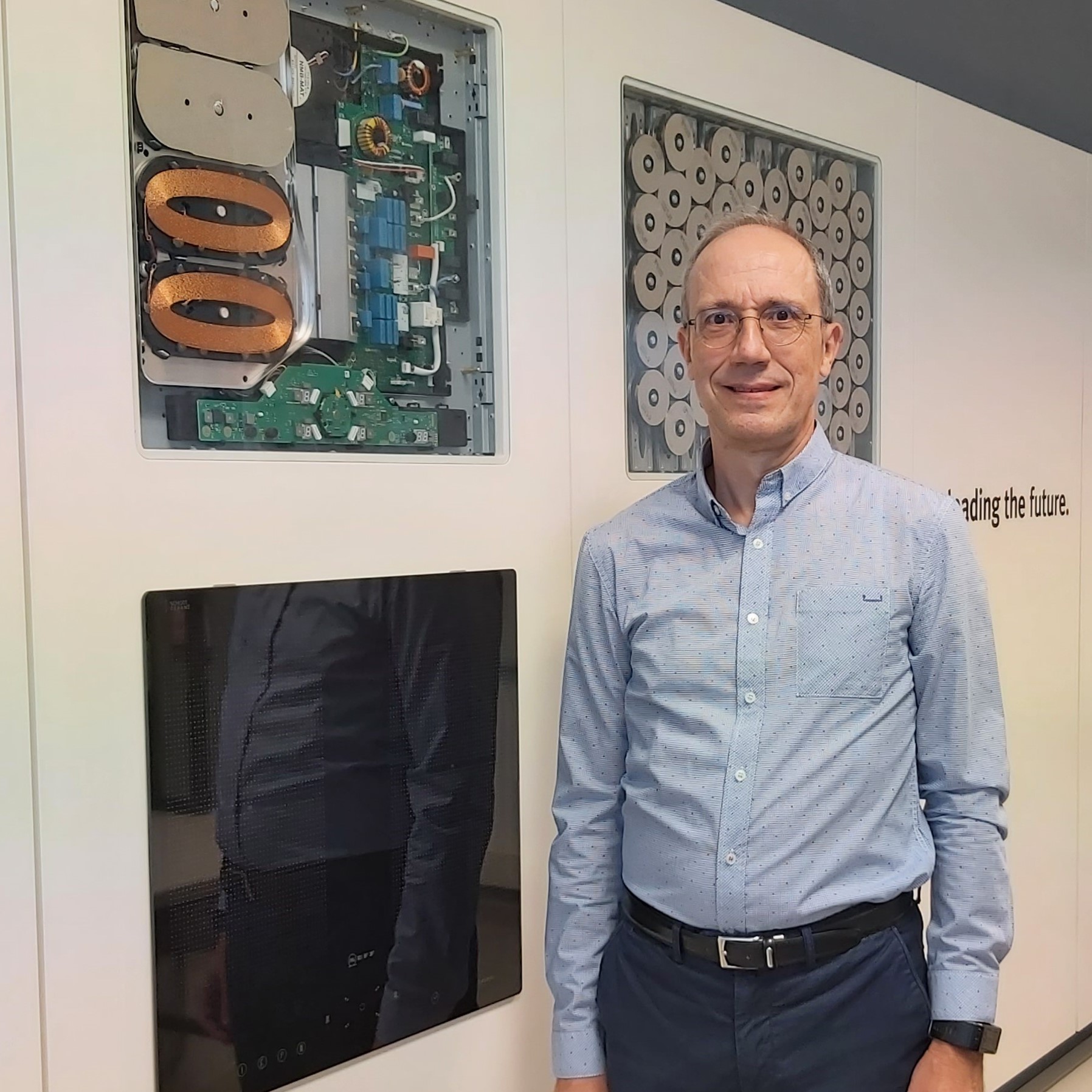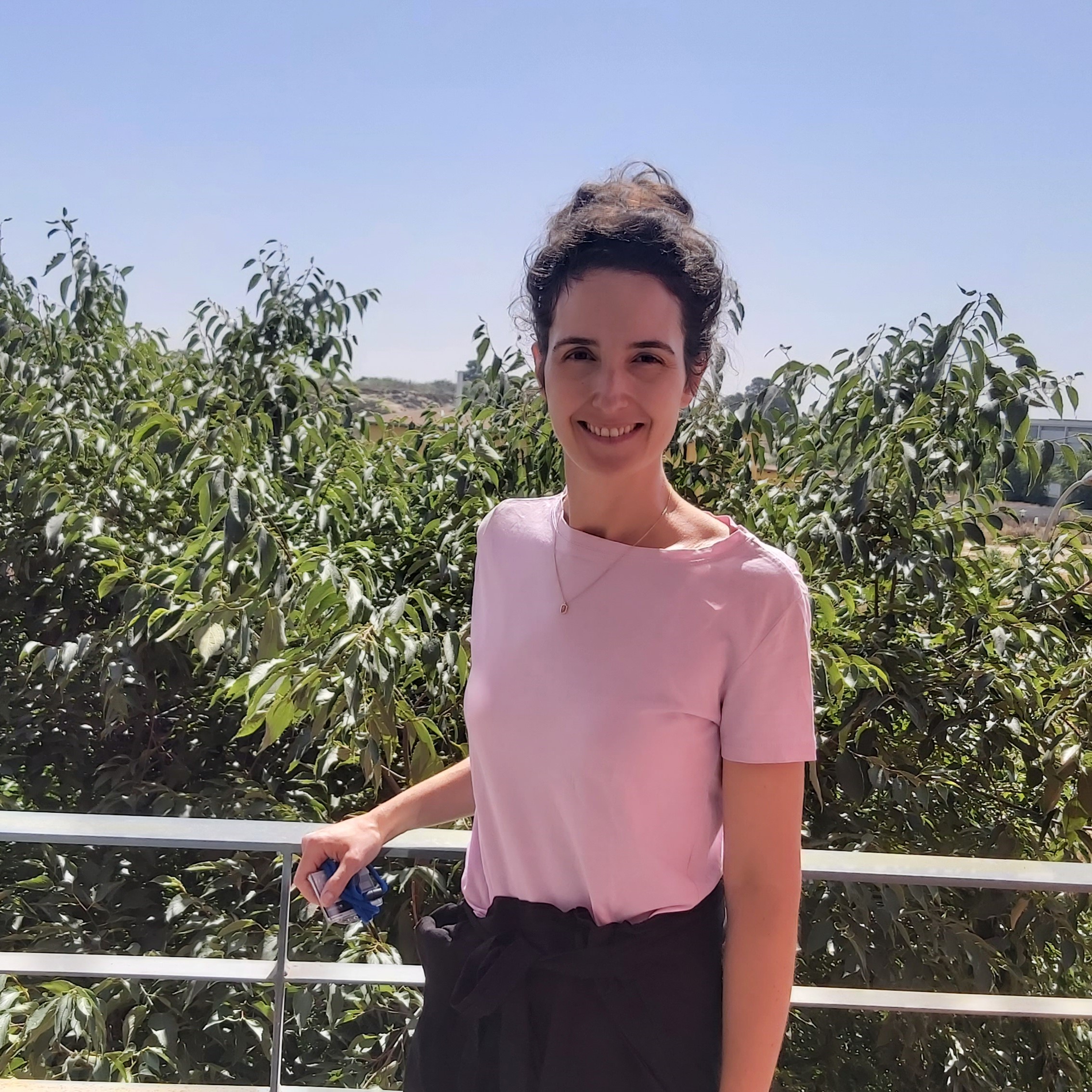
First of all, congratulations on your award...
Thank you very much. It is the Career Achievement Award of the IEEE PEIESC (Power Electronics and Industrial Electronics Spanish Chapter). The joint IEEE PEIESC chapter includes the IEEE (Institute of Electrical and Electronics Engineers) Power Electronics and Industrial Electronics Societies.
What does this recognition mean at this point in your career?
For me it is important, mainly because it is an unexpected recognition at this point in my research career, from my colleagues in universities and research centres.
Why did you decide to go into research?
My vocation was quite early. I had a strong interest in research activities from the time I was in high school, even if I did not know what it really meant. I was also particularly interested in electronics. I remember a survey we were given at the age of 16 in which we were asked, among other things, about our favourite professional activities, and I answered research first and electronics second.
I was stimulated to understand how devices and systems worked and to be able to design them in the future. My orientation was quite clear, and it was consolidated during my university studies, especially when I collaborated in R&D tasks with a company on my final project. From then on, it was clear to me. In fact, today I would say that I am a university student by vocation. I am interested in almost everything at university.
What are the main areas of work in your research group?
Research in the Power Electronics and Microelectronics Group focuses on three key interrelated technologies, power electronic devices, microelectronic systems and electromagnetic design. These technologies are used in a wide range of industrial, domestic, communications and biomedical applications. The group focuses on several areas of applied research: induction-heating applications, biomedical applications, electric vehicle and systems applications and electromagnetic compatibility.
Is there a project that you are particularly proud of because of its impact?
Without a doubt, the project to apply induction technology to household appliances. It was a dream come true to which I dedicated more than three decades. It is a success story that has produced results with benefits in many areas and with sustained growth in the main indices of academic, economic and social impact. For our university, which is recognised as a world leader in research into home appliances. For the company, which has become the world's largest manufacturer of induction appliances. In addition, for society, with the large number of new direct and indirect jobs in production and R&D. None of this was imaginable when I started in this industry 34 years ago.
Any line of research in progress that you would like to highlight?
I could highlight any of those mentioned above for its promising future, but because of its special social and, above all, human involvement, I would choose the biomedical application aimed at cancer treatment with technologies in which we are carrying out research and transfer.
How do you see the future of your field? What trends or challenges would you mention?
There are many challenges. In my opinion, out of all of them, you have to select the challenges that you or your group can tackle and that make your work relevant and achieve significant results in the medium term, so that the motivation stays alive, especially when you look outside your comfort zone and connect it to some deep personal value. I think it is in those less explored frontier areas that we can bring valuable innovation in a reasonable timeframe. That is how I see the relationship between power electronics and the biomedical electrosurgical applications that we are involved in. And, in general, the applied research that we do.
What do you enjoy most about your profession?
What I enjoy most is effective teamwork. In our field, a cohesive team with well-distributed functions multiplies the results and relevance of R&D&I activities. This is also true in teaching and management. In the university environment, it is difficult to achieve truly cohesive, long-lasting teams, but when you do, you can see the difference. I also enjoy connecting teaching with research, fostering the illusion of new vocations.
And what do you enjoy least?
What I like least is the dispersion of lines and activities at work, because it generates inefficiency, stress and discomfort. I try to avoid them by selecting the objectives pursued very carefully, even at the cost of having to decline potentially attractive proposals.
What would you say to anyone who is thinking of going into research?
I would enthusiastically encourage them, as long as they enjoy doing it. I usually tell them that, in our field of applied research, they are fortunate that their professional future is open, because they can go into research and teaching, or also into professional activity in the company, given the close collaborations we foster in our group. With a certain amount of perseverance, the final decision will largely be theirs.
CLOSE UP…
What did you study: Industrial Engineering.
A dream to fulfil: to design medical instruments that can effectively treat currently incurable cancers.
What do you do in your free time: Hiking, cycling, astronomy, selected readings...
A book: ‘Sapiens. A Brief History of Humankind’.
A film or series: a film, at the time, ‘Dead Poets Society’. For entertainment, I would choose ‘The Sting’.
Favourite band or singer: I am more into specific songs than bands or singers. I could say ‘Human’ (The Killers) or ‘Viva la vida’ (Coldplay), but also classics like ‘Let it be’ (Beatles) or ‘Chiquitita’ (ABBA).
A trip: Argentina.
How would you define yourself: thinker, persevering, committed, university student (in a broad sense).
